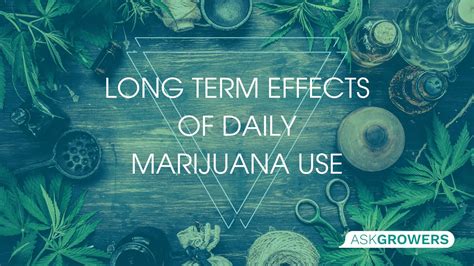The narrative around daily cannabis use is a complex one, oscillating between relief and peril. For some, cannabis functions as a crucial coping mechanism, whether it’s to alleviate chronic pain, as one commenter with arthritis described, or to decompress from life’s daily stresses. This dual-edged nature of cannabis is irrefutably present in the discourse, often sparking heated debates. The key question remains: is cannabis truly a beneficial substance, or does it masquerade as one while eroding long-term productivity and focus?
On the one hand, the therapeutic benefits of cannabis cannot be dismissed. Users dealing with chronic conditions such as arthritis have found solace in the plant’s medicinal properties. According to one chronic pain sufferer, cannabis serves as a motivator rather than a deterrent, enabling them to engage in physically demanding therapies. Instead of stymying their productivity, it augments it by making life’s relentless pain more endurable. This nuanced use of cannabis underscores its potential as a potent medicinal ally, particularly when employed thoughtfully and responsibly.
Conversely, there’s ample evidence illustrating the detrimental impact of habitual use, especially among younger demographics. As highlighted by another person, being perpetually high can lead to a lethargic existence, disconnected from daily responsibilities and life’s greater goals. The ease with which one can drift into this state of unproductive contentment is troubling. JohnFen eloquently encapsulates this by quoting Frank Zappa: ‘A drug is not bad. A drug is a chemical compound. The problem comes in when people who take drugs treat them like a license to behave like an asshole.’ This notion resonates, emphasizing how externalizing blame onto the substance itself detracts from personal responsibility.
The veiled risk of cannabis addiction poses yet another critical issue. Several anecdotes in the commentary reflect a dubious relationship with the substance. An individual who started using cannabis to cope with emotional wounds from an abandoned marriage eventually realized they had become addicted, highlighting the unsettling ability of cannabis to insidiously integrate itself into one’s daily life. When the initial reasons for use—pain or emotional relief—wane, the habit often remains, creating an additional layer of dependency that might overshadow more productive or healthier pursuits.
Equally salient is the dialogue around cannabis and social norms. Slang terms like ‘normies,’ initially popularized outside of cannabis culture but now widely adopted, illustrate how cultural language evolves parallel to substance use. These terms, originally pejorative, have been re-contextualized and integrated into common parlance. This linguistic evolution underscores the societal entrenchment of cannabis culture, further complicating the discourse of daily usage. The normalization of such language serves to both destigmatize and trivialize the substance’s impact, creating a catch-22 situation for users and observers alike.
In balancing the scales, we must consider those who use cannabis without succumbing to its potential pitfalls. One commenter, an engineer with a creative edge, exemplifies how cannabis can catalyze intellectual and artistic productivity when used in moderation and with intention. This perspective is critical; cannabis doesn’t universally degrade one’s quality of life. Its impact is deeply individualized and contingent upon one’s approach, discipline, and underlying mental and physical health conditions.
Ultimately, the discourse surrounding daily cannabis use is as multifaceted as the substance itself. From easing chronic pain to fostering a dangerous dependency, cannabis’s role in modern life remains hotly contested. It is incumbent upon both users and society to navigate this complex terrain with an informed and balanced approach, recognizing that the substance’s potential to enhance life also carries an inherent risk of detracting from it. By fostering open and nuanced conversations, we can better understand and mitigate these risks, ensuring that cannabis serves as a tool for wellbeing rather than a crutch to lean on indiscriminately.


Leave a Reply